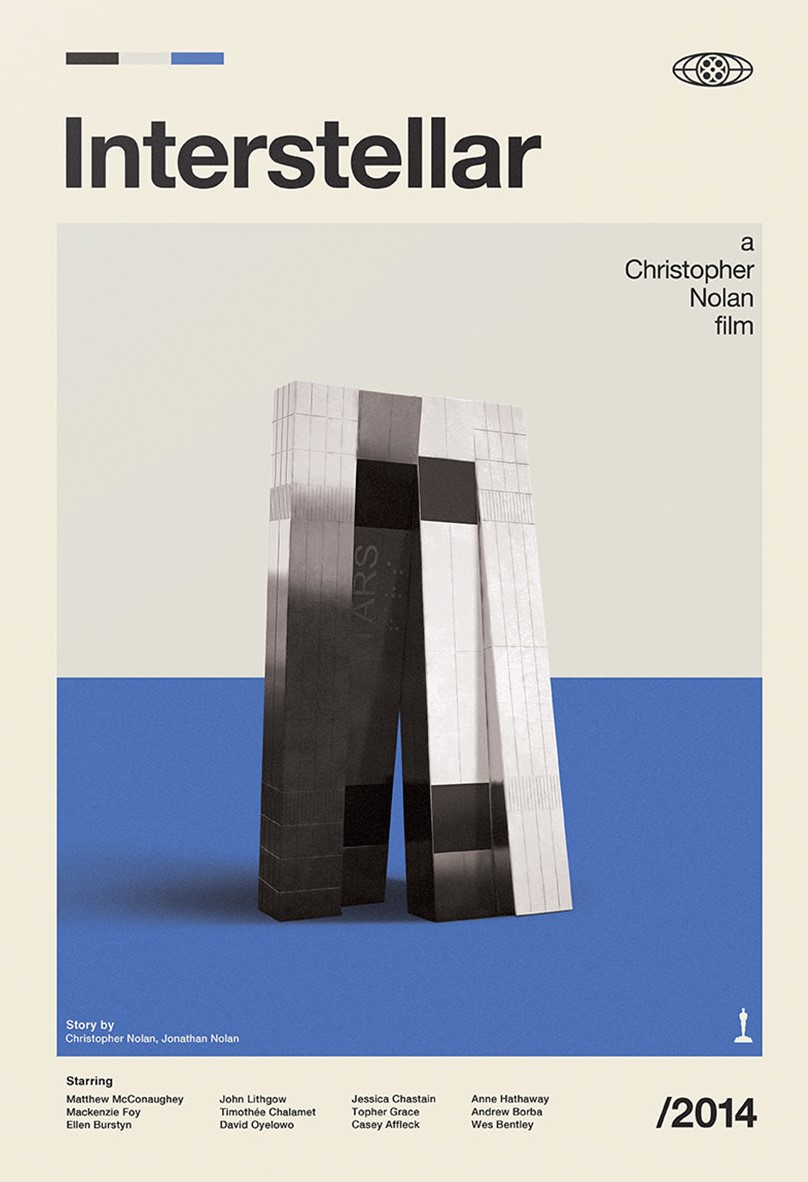timespace coordinates: planet Vesta in the far future when interstellar cargo ships roam the galaxy

adult animated science fiction drama television series created by Joseph Bennett and Charles Huettner (here is an interview)
Probably this is one of the most expected pieces of SF this year. And it delivers and is excellent on several accounts, contrasting with most of what gets labeled as SF nowadays. There is no lack of visually stunning cinematic works that seem to lack something – be it plotwise, involvement, or character development or are bound to repeat some form of techno-orientalist cliche with super-advanced yet missing Asians.
Is there any type of exoplanetary SF possible today when most of the future visions are somehow retro vintage SF golden age or very derivative? This was contradicted at the end of 2023 by Joseph Bennett and Charles Huettner with a new independent, daring SF “eco-gothic” SF series production for the Max video-on-demand subscription channel that emanated out of the Californian animation industry. Scavengers Reign has somehow demonstrated that not everything is being consumed by the Disney Studios monster. Although I doubt there’s life after you fall into the D sarlacc’s capacious stomach.





Scavenger Reign stands closer to the European animation school and in particular the French comics and animation. It oozes Métal Hurlant and René Laloux with the geometric forests, panoramic vistas and its changeling alien ecosystems. But there is certainly also an anime/manga aspect – or the traces of the best of anime and manga. There is a touch of weird naturalism, of eerie transformations, and of horrific metamorphosis, particularly if one thinks in terms of the Katsuhiro Otomo’s masterpiece Akira from 1982 which was stunning for its realism and Nausicaä of the Valley of the Wind manga (not anime!) by Hayao Miyazaki. Biological genomes get hijacked, and the extended virome that permeates alien planets trafficks information across the species barrier. Everything is inter-species, everything sporulates, and telekinetic parasitism abounds (something close to the rove beetle eating baby ants while the ants think it is one of them – thx Ben Woodard for reminding me of this crazy true fable), but also the dance of co-evolution.
It is also the first US SF product (with help from South Korean animators – Studio JDD) – and it is no accident that it is an animation piece that finally does justice to some authors that have never been adapted for the screen such as the exoplanetary works of Joan Lyn Slonczewski (The Children Star) or only partially so – Jeff VanderMeer (particularly Borne and The Strange Bird two of my favorite pieces of new weird & postapocalyptic post- biopunk SF).
Otherness participates here at every level – from hallucinations of even the most common kind, say your lover’s voice and image that is being somehow puppeteered by something really different (do not think Stanislaw Lem’s Solaris), a plethora of really alien creatures using human carriers via their feelings and thoughts, but these thoughts and feelings somehow animating the alien critters as well in return. To affect means to be also affected (thinking here of Deleuze, but also Whithead’s Critique of Pure Affect). Also, we should not expect alien sentience to conform to our technological imaginary – it can be really very much a creature of strange and lowly appetites, irrespective of its extra sensorial powers. So you could really imagine the corporate alien slugs from Charles Stross’s Accelerando leaving sticky marks on Scavengers Reign’s world.

It is also one animation that takes into account our new scientific knowledge about species being as complex communities, interplays, or choreographies of genes or societies of genes of entirely different species. This knowledge constantly reshaped our understanding of what an individual being is or offers us continuous glimpses into how tight-knit such relationships are or how human agency or artificial agency dissolves or is being constantly rerouted within these webs of agency, non-agency, and misplaced intentionality. Parasitism is pervasive but it is also just one expression of the complexity and mutualism of such an ecosystem – it’s fleas upon fleas all the way down and up. There’s also a bizarre in-betweenness, much on this planet actually thrives on cross-fertilization with non-alien, human intruders and their creations (robots). There is a great scene where Azi and Levi (a human and robot partnership that survived the crash of the Demeter 277 cargo ship) who was cultivating and gardening new earthly gardens – Azi the robot is itself a walking garden. Inside its machinery there is some kind of new hybrid semiconductor with slime molds as a partner (it seems to me), maybe something close to unconventional computing is aiming at since some time.
















